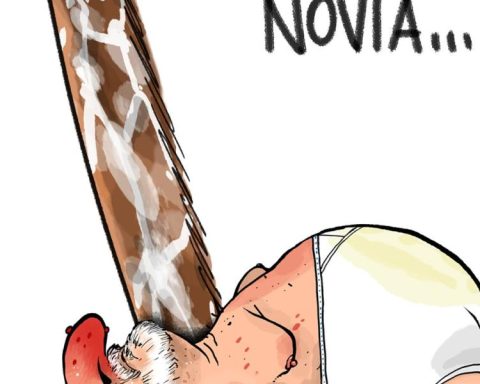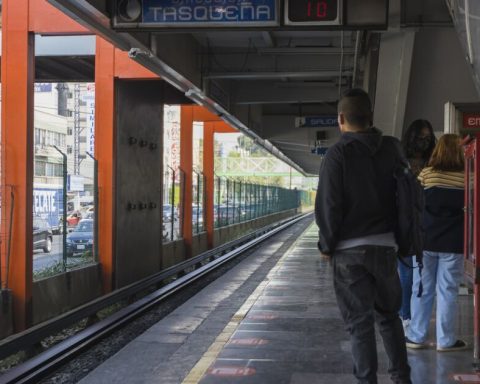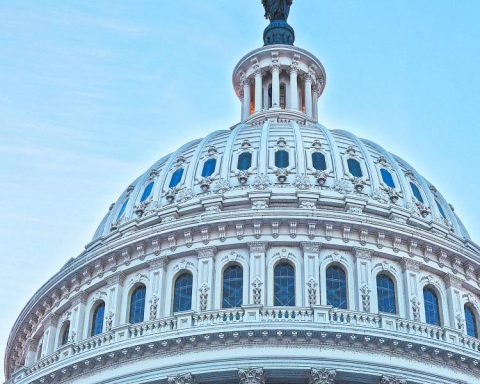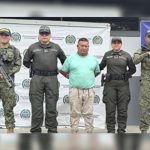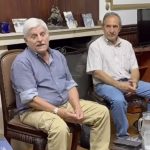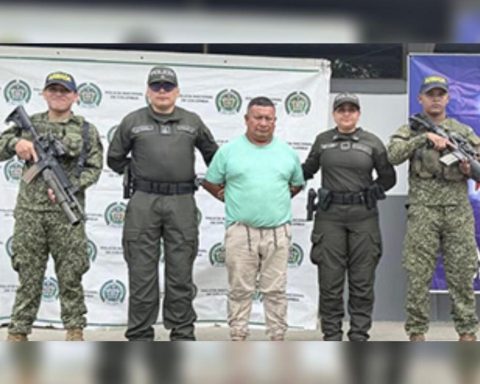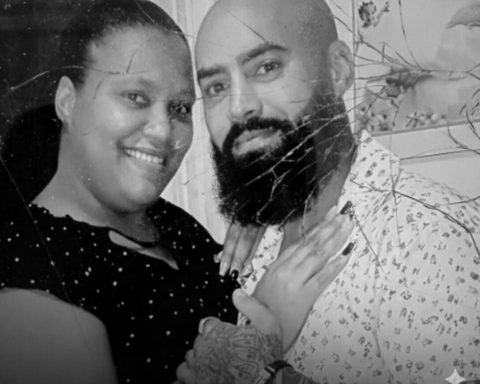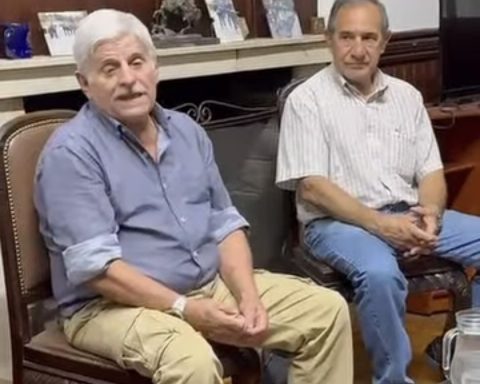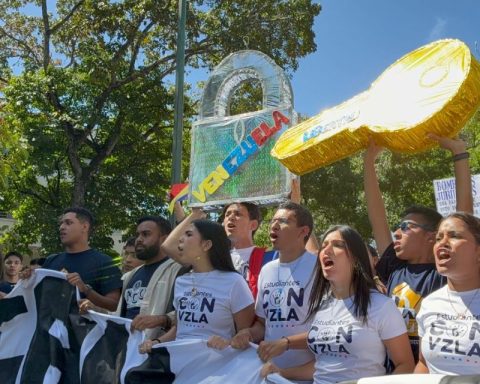L
to victory political-electoral campaign of Gustavo Petro and Francia Márquez is the result, to a large extent, of the great popular rebellion of the impoverished masses that, in April 2021, and for more than two and a half months, led the National Strike, which despite the The violent repression of the Iván Duque regime −with a balance of 80 dead, a hundred detainees-disappeared and incarcerated−, ended up plunging the oligarchic-counterinsurgent power bloc that for 74 years has dominated that South American country into a deep crisis of hegemony and legitimacy. .
This long historical cycle began with the assassination of Jorge Eliécer Gaitán in 1948 and continued in the 1960s/90s under the model of the National Security State, imposed on the country by the administration of John F. Kennedy –and which through covert psychological operations , the war dirty and narco-paramilitarism led to State terrorism−, it was consolidated in its last phase during the governments of the so-called democratic security
of Álvaro Uribe (2002-2010) and his successors in the Palacio de Nariño (Juan Manuel Santos and Iván Duque), and took the form of mafia neoliberal capitalism.
Likewise, Colombia became a quasi-protectorate of the United States, militarily subordinated to the Pentagon’s Southern Command, which uses the Palanquero (center), Apiay (east) and Malambo (Caribbean, north) air bases; the Army forts in Tres Esquinas (south) and Tolemaida (center), and the naval bases of Cartagena (Caribbean) and Bahía Málaga (Pacific, west) as intelligence centers (complemented by a network of radars) and clandestine operations of their military personnel and their private contractors −including the so-called Security Force Assistance Brigade, an elite unit of the United States Army− and as a beachhead for the containment strategy of that northern country in South America; but in particular, as a geostrategic fence that surrounds the Caribbean, the Amazon and the Andean zone of Bolivarian Venezuela, a role that has been reinforced with the incorporation of Colombia as global partner
of NATO.
In this framework, and preceded by the agrarian strikes, the indigenous mingas and the wave of discontent of 2019, the social explosion that shocked Colombia last year −carried out by students, peasants, trade unionists, indigenous peoples, blacks and poor women who never had participated in political struggles, and with its epicenter in Bogotá and the departments of Córdoba, Cauca and Valle de Cauca−, it made counter-insurgency and State terrorism, traditionally phenomena of a rural or agrarian nature, transfer the war
to the cities and that sectors of the middle class experienced firsthand the repressive counterinsurgency nature of the Colombian State, in particular the extralegal and criminal actions of the Army and the Mobile Anti-Riot Squad (Esmad) of the National Police.
With its undoubted social-class pedagogical drift and its incipient organizational forms, the popular mobilization of 2021 ended up eroding and delegitimizing the Uribe oligarchic caste and its support base: the social fascism
(Boaventura de Souza Santos said), including urban paramilitarism. Historically neglected, the “ no one” they lost their fear and one of the slogans that was generalized in the protests was: Uribe, paraco, the town is angry
. In a Colombia marked by state and paramilitary horror and terror (from which paraco derives), which have given rise to a new branch of knowledge: the violentology
, it is a common place to oppose violence to the berraco, an expression that can be translated as a conjunction of bravery, bravery and strength, and sometimes also fury or anger. As Lautaro Rivara explains, berraca is the difficulty, but also its overcoming. Berraca is war and berracos are those who survive it
.
According to Renán Vega Cantor, at this unprecedented juncture, Senator Gustavo Petro (former M-19 guerrilla, former mayor of Bogotá and candidate of the Patriotic Pact, the center-left coalition that catapulted him into government), “thinking about the elections ( …) was supremely shy, even more than cautious” and was not directly involved in the protest
a sign that the agendas of social and electoral mobilization do not always coincide.
However, a year later, together with her running mate, the Afro-descendant Francia Márquez (village of Yolombó, Cauca, 1981, activist against illegal mining extractivism, forcibly displaced after the threat of the paramilitary group Águilas Negras, anti-patriarchal lawyer fighting against structural racism and in defense of mother earth), Petro was able to capitalize on widespread discontent at the polls.
Both defeated the bloodiest oligarchy of the subcontinent and the three holding company financial-industrial-media groups that control the audiences (the Ardila Lülle Organization; the Santo Domingo Group, owner of Caracol Televisión and The viewerand the Carlos Sarmiento Angulo Organization, the richest man in Colombia, owner of Time), and generated a crisis of hegemony in the system of domination. Hence the historical importance of the victory.
Among their priorities, Petro and Márquez promised to make Colombia a world power of life
(in a ‘natonized’ country of death); comply with the obligations of the Colombian State arising from the Havana Peace Agreement with the FARC-EP insurgency, sabotaged by Iván Duque, and resume dialogue with the National Liberation Army, which it has already accepted; promote a non-extractivist development policy and promote regional integration no exclusions
although it is unknown what the policy will be towards Cuba, Nicaragua and Venezuela, demonized as the troika of tyranny
by John Bolton. In principle, Petro has already communicated with the government of Nicolás Maduro to resume diplomatic and commercial relations broken in 2019.
The challenges are tremendous. The main one, as France has repeated before the emboldened crowds of the nobodywill be pass from resistance to power
. But to do so −given the dependence on the United States and a right that never sleeps−, it will be necessary to avoid endless ambushes and build a new popular hegemony.


